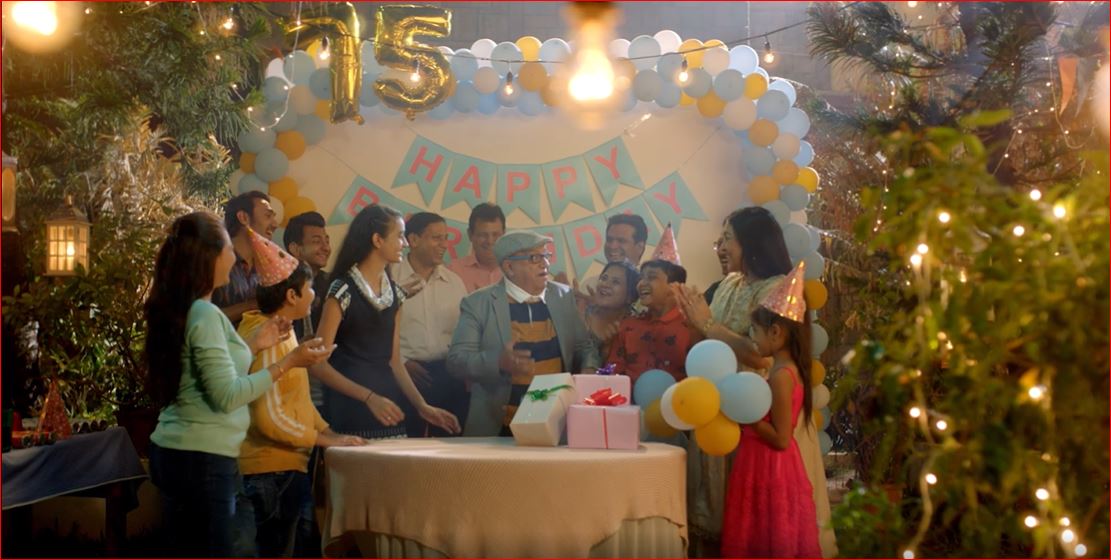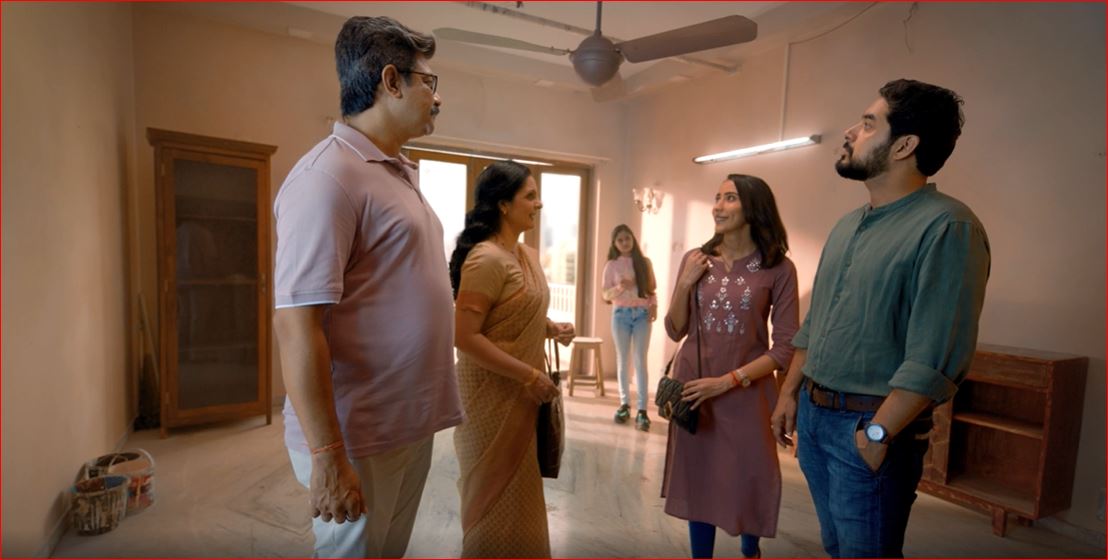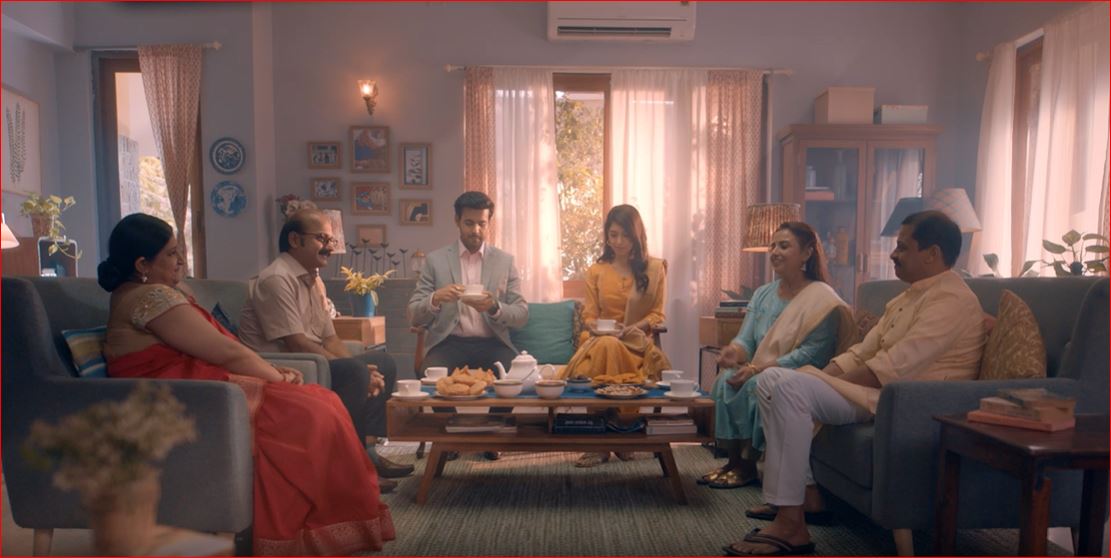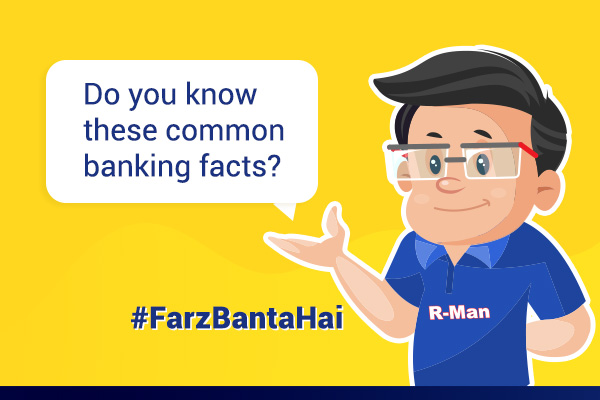Essential banking truths that you might be overlooking!

Banks and banking are a part of our daily lives. We frequently use banking apps and online platforms to deposit, withdraw, and transfer funds. We also use the banking channels to invest our money and avail different types of insurance. But how many of us truly understand the basics of banking?
With banks offering various types of accounts and services, it’s easy to lose track of common banking details. Most people focus on the big picture and hardly pay attention to the smaller details like minimum balance requirements, charges, etc. Banks offer dozens of products and services and sometimes, these seem so similar that we can easily ignore some important information.
With our #FarzBantaHai campaign, we are taking an effort to educate people about basic yet important banking facts. Every bank has a duty to treat you with absolute honesty and transparency in all of its dealings. Additionally, all important terms and details must be expressed in plain, and straightforward language. Our #FarzBantaHai initiative stands for this. We are revealing some fundamental banking realities through three captivating stories.
Let’s uncover some basic and important truths.
Truth 1: Disclose complete medical details in insurance forms
When purchasing health insurance, an insured is required to reveal all health-related information in the proposal form. To avoid any misunderstandings while making claims, it is in the policyholders’ best interests to thoroughly disclose their medical history. The failure to disclose such information has a negative side as well. The insurer may assert that there was a breach of full disclosure and reject the claim.
The medical history is frequently mentioned by doctors and hospitals on prescriptions and discharge reports. In general, insurers review such documents and compare them with the disclosures made in the proposal form.
Non-disclosure raises red flags and causes disagreements over claims. Any significant medical issues that the person or their parents have, should be disclosed. It is always a good practice to stay fair, honest, and transparent while filling up the insurance details in the forms.
Dropping truth bombs is not easy, but it must be done. Watch this video to know how we go a step ahead to deliver important details related to insurance policies. After all, #FarzBantaHai

Truth 2: Don’t forget to add nominee details to your savings account
To take care of your family’s present and future requirements, you carefully save money in your savings account, fixed deposit, or recurring deposit. However, can you imagine what would happen if you’re not there and your loved ones are unable to access your funds?
Although it is unpleasant to consider, it is crucial to have a nomination in your bank account, to ensure the safety, security, and stability of your family. If there isn’t a nominee, your legitimate heir will be required to present a court order or a succession certificate to get the funds.
Your money will be effortlessly sent to your loved ones while you are away, thanks to the bank nomination facility. All account holders have access to this facility. When opening a new savings or fixed deposit account with a bank, ensure to always provide a nominee’s name. The account holder also has the freedom to withdraw or change a nomination at any time during their lifetime.
There are many ways and then there is the right way. Watch the video to know why we insist our account holders to add nominees to their savings account. It’s our #FarzBantaHai

Truth 3: Carefully understand withdrawal charges in credit card
Many people tend to withdraw cash using their credit card. Frequently using your credit card to withdraw cash will have major drawbacks. It contains some expenses that can put a strain on the cardholder’s credit card bill. The standard range for cash withdrawal fees is 2.5% to 3.5%, with a minimum charge of Rs. 300 to Rs. 500. Therefore, you must carefully analyze and compare the withdrawal fees that various banks impose on your credit cards.
On the other side, you need to be careful not to use your credit cards for too many cash withdrawals. Make sure you use credit cards to withdraw cash only in an emergency.
If you’re in a tight financial condition, using your credit card to make a cash withdrawal could seem like a good idea. It can be your only option, for instance, if your car breaks down or if there’s a sudden medical emergency. However, since frequent credit withdrawals can be costly, you might want to look into alternative methods for borrowing cash.
We feel it is our duty to tell an uncomfortable truth. For that reason, we always disclose all the credit card details and withdrawal charges, when someone applies for our card. Watch the video to understand. #FarzBantaHai

Conclusion and Way Forward
At some point in our lives, everyone must select a bank to keep the money safe. There isn’t a single bank account that is ideal for everyone. Finding the best bank begins with understanding your preferences and banking habits. Different banks will pay you varying amounts of interest on your funds, different levels of service, and fee structures. Make sure you select a bank that is accessible and fair in all its dealings and information disclosure.
RBL Bank ensures complete transparency for its account holders. It’s our #FarzBantaHai to disclose every significant piece of information to our new and existing account holders.
Get started in the world of hassle-free digital banking. Check out the multiple offers and offerings at RBL Bank.

 Blog
Blog Blog
Blog



Comments
No comments yet.